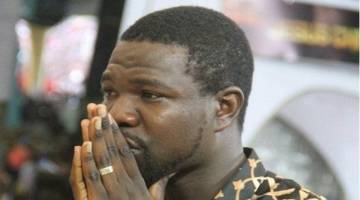By A Correspondent
In a controversial move that has raised eyebrows, Zimbabwe’s President Emmerson Mnangagwa has unveiled a $166,000 War Veterans Fund in Masvingo Province, a gesture many see as an attempt to shore up support from war veterans as he angles to remain in power beyond the constitutional limits.
The fund, launched in Chivi District, includes a $150,000 allocation directed towards the War Veterans Fund, an $11,400 non-refundable grant for war veterans, and an additional $5,000 designated for UBV (United Brotherhood of Veterans) members. This initiative is part of a broader strategy that will be rolled out across all 10 provinces, with Harare and Mashonaland East already benefiting from the program.
In the words of a Zanu PF source, who spoke on the condition of anonymity, “The fund allocation includes $150,000 directed towards the War Veterans Fund, $11,400 non-refundable grant for war veterans, and $5,000 for UBV members. This program will be rolled out in all 10 provinces, with Harare and Mashonaland East already benefiting from the initiative.”
The initiative follows the recent criticism of Mnangagwa’s leadership by war veteran Blessing Geza, who directly rebuked the president for attempting to undermine the Zimbabwean constitution in his bid for an extended presidency. Geza’s defiance has heightened tensions within the ruling party and the war veterans’ community, as Mnangagwa seeks to consolidate power amid mounting scrutiny of his administration.
Mnangagwa, however, continues to defend his efforts, asserting that his long-term vision is to improve the living conditions of Zimbabweans through projects like the drilling of 35,000 boreholes in villages and the establishment of UBV programs. “My vision is to improve the lives of all Zimbabweans, and this initiative is just one step in fulfilling that commitment,” Mnangagwa stated.
Critics, however, argue that the timing of the War Veterans Fund is no coincidence, suggesting that it is a calculated move to secure the loyalty of war veterans ahead of any future political battles. As the war veterans remain a powerful force within Zimbabwe’s political landscape, Mnangagwa’s attempt to placate them with financial incentives is seen by some as a transparent effort to maintain his grip on power.
As the political landscape in Zimbabwe continues to evolve, it remains to be seen how this latest move by Mnangagwa will impact his future prospects and whether it will be enough to quell the growing discontent among opposition factions and war veterans alike.



























































































